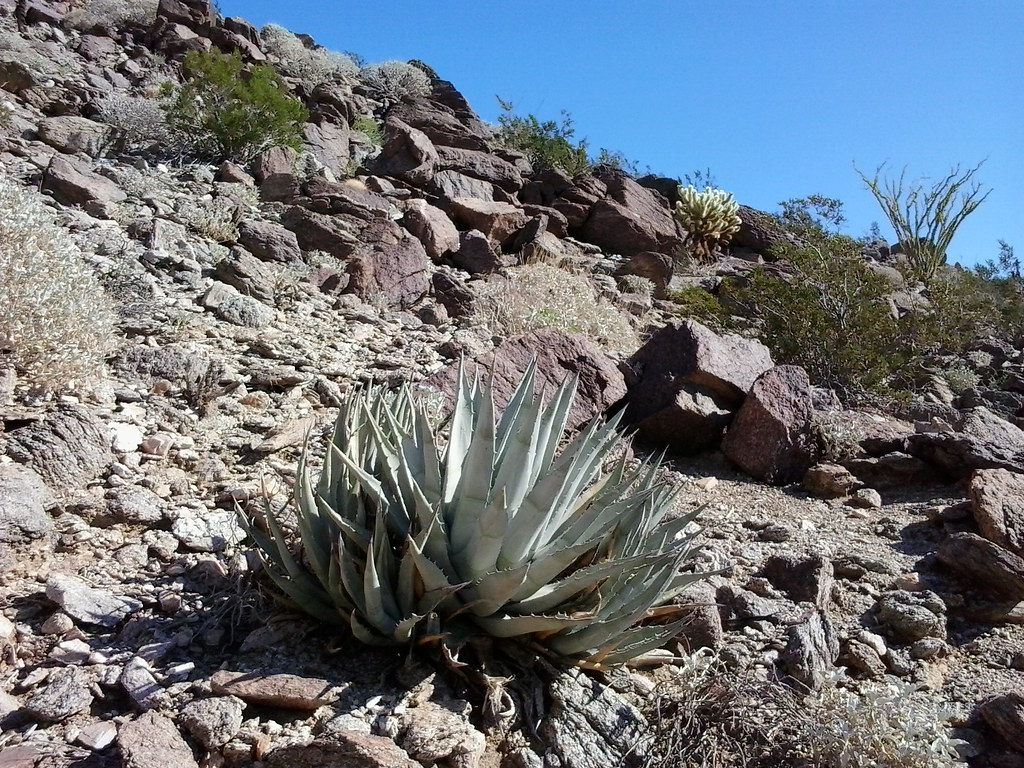I will try and keep it simple. Generally speaking with DSLR's there are only two sensor sizes. When the DSLR was introduced to replace the 35mm film camera sensors were very expensive to produce so they settled on a smaller sensor than the size of 35mm film that was known as APS-C size (a term borrowed from an obsolete film of the same size known as Advanced Photo System - C). Most DSLR cameras amateurs use up to present are of this cheaper APS-C size sensor. However as sensors became cheaper to produce manufacturers are now stepping up to what is known as Full Frame sensors which equal the size of 35mm film, but they are still more expensive. Compact cameras and Bridge Cameras, along with smart phones, usually use smaller sensors, but you want a detachable lens camera so just the choice of two sensor sizes. My previous picture was taken on a 10 Megapixel Nikon D200 with an APS-C sized sensor. Whether you need the larger Full Frame sensor for your requirements is debatable.
http://www.gizmag.com/camera-sensor-size-guide/26684/" onclick="window.open(this.href);return false;
As said before, modern cameras have many "bells and whistles" some of doubtful use to most of us. The advent of the computer chip in cameras has allowed them to make buttons multifunctional whose functions can be changed in the menu, unlike old film cameras when you knew a button or lever only performed a single purpose.
Do you need all the functions, it's doubtful but depends on your photography. My camera like most these days has a motor drive function for taking multiple fast shots like a machine gun, which being a single shot close up or macro photography I have never ever used in the all years I have had it. Many people buy "an all singing, all dancing camera" try all the options once and then never use them again. You have to remember photography is not about cameras or lenses, but recording the image before the lens as you want it. If a "Box Brownie" can do what you want you don't need a multi-thousand dollar Hasselblad.
Decide what are your real interests in photography then research the functions and lenses needed for it and ignore all the "useless bells and whistles". Unfortunately you get many of theses as standard these days, but don't let a few functions you will never use influence your buying choices.
http://digital-photography-school.com/h ... lr-camera/" onclick="window.open(this.href);return false;
Though when buying new, kits are often a cheap way to get started as they come with a standard zoom lens, I always buy body only and buy the lens I really need separately, often from a different dealer giving a better price on that lens, which is the advantage of detachable lens cameras.
There is a lot of confusion on lenses used on different sensor sizes. You will often see statements like "a 100mm lens becomes a 150mm lens on an APS-C sensor". No it does not, it's still a 100mm lens! The angle of view (often called the Crop Factor) changes to what a 150 mm lens would have produced on a full frame 35mm film camera or Full frame sensor. The reason is photographers have got so used to thinking in terms of lenses on 35mm film cameras they now think of that as the norm for that focal length, but a 100mm lens on a medium format camera produces a completely different angle of view to than on either a 35mm camera or an APS-C one. See:-
http://digital-photography-school.com/c ... explained/" onclick="window.open(this.href);return false;
http://digital-photography-school.com/w ... lens-mean/" onclick="window.open(this.href);return false;
